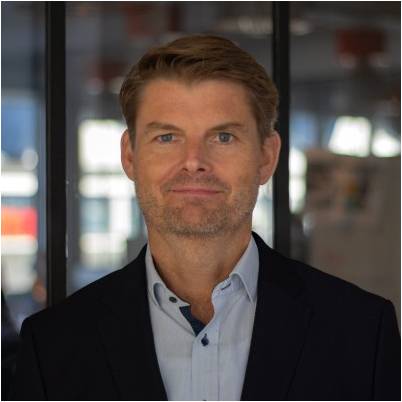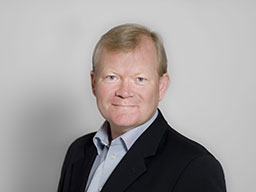What’s it about?:“What if…?” thinking
What if…
Your “What if…?” thinking was effecting the quality of your life?
You see…
Way too much if the time we humans engage in necessary “What if…?” thinking.
What if…
I don’t make the grade?
My headache is something serious?
My daughter crashes in her new car?
The presentation is not good enough?
I’m not a good mother?
I’m doing the wrong job?
I’ll never be happy?
I don’t get enough sleep again?
You get the idea, right?
And the list can be almost endless.
So here’s the thing…
“What if…?” thinking can be divided into 2 categories.
Those things you can do something about.
And those things you can’t do anything about.
For the first category – we can remove the need for the “What if…” thoughts by taking action or making a plan.
For example…
What if the presentation is not good enough?
Actions?
I’ll make sure I’m well prepared, practice with my friend and get some tips on making it better. After that there’s nothing more I can do.
Or another example…
What if I’m doing the wrong job?
Actions?
I’ll review the pros and cons of my current job. I’ll book a coaching session to review my values and what my options are. Then I’ll decide if it’s time to look for something new or not.
So sometimes you can easily remove the need for “What if…?” thinking and put it to bed.
But way too much “What if…?” thinking is not something you can do something about.
Things like…
What if the doctor’s tests are wrong and I’m not well?
What if my car breaks down on the way?
This is the type of thinking you need to try and remove from your life. It only generates anxiety and can’t be fixed by a simple action plan.
So the first step is to realise if your “What if…?” thought is something you can do something to fix or not.
And if it’s in the “not” camp, then bury it. Or park it. Or lock in in a secure box. Or throw it in the ocean. Or let it float away on a balloon into the sky. Or whatever picture your mind wants to create to get rid of this useless thought and remove it from your mind.
Easier said than done, I know.
But possible.
And here’s a question to ponder…
What if you became a master if managing your “What if…?” thinking so you had less worry in your life?
I’m off to minimise the “What if…?” thinking in my life.
How about you?
To your fulfilment.
Steve

Click here for more about my Award Winning Limbic Performance System Online Programme:
http://stevenealeinternational.com/kajabi/
Version 3.0 is out soon!
Steve Neale
“Creator of the Limbic Performance System for Outstanding Leadership”
Psychologist, Executive Coach, EI Practitioner, Award Winning Trainer, International Author, Psychodynamic Therapist, Hypnotherapist, Mindfulness Instructor, International Speaker, Creator of the LPS, Creator of the Accredited Masters in High Performance Leadership.












